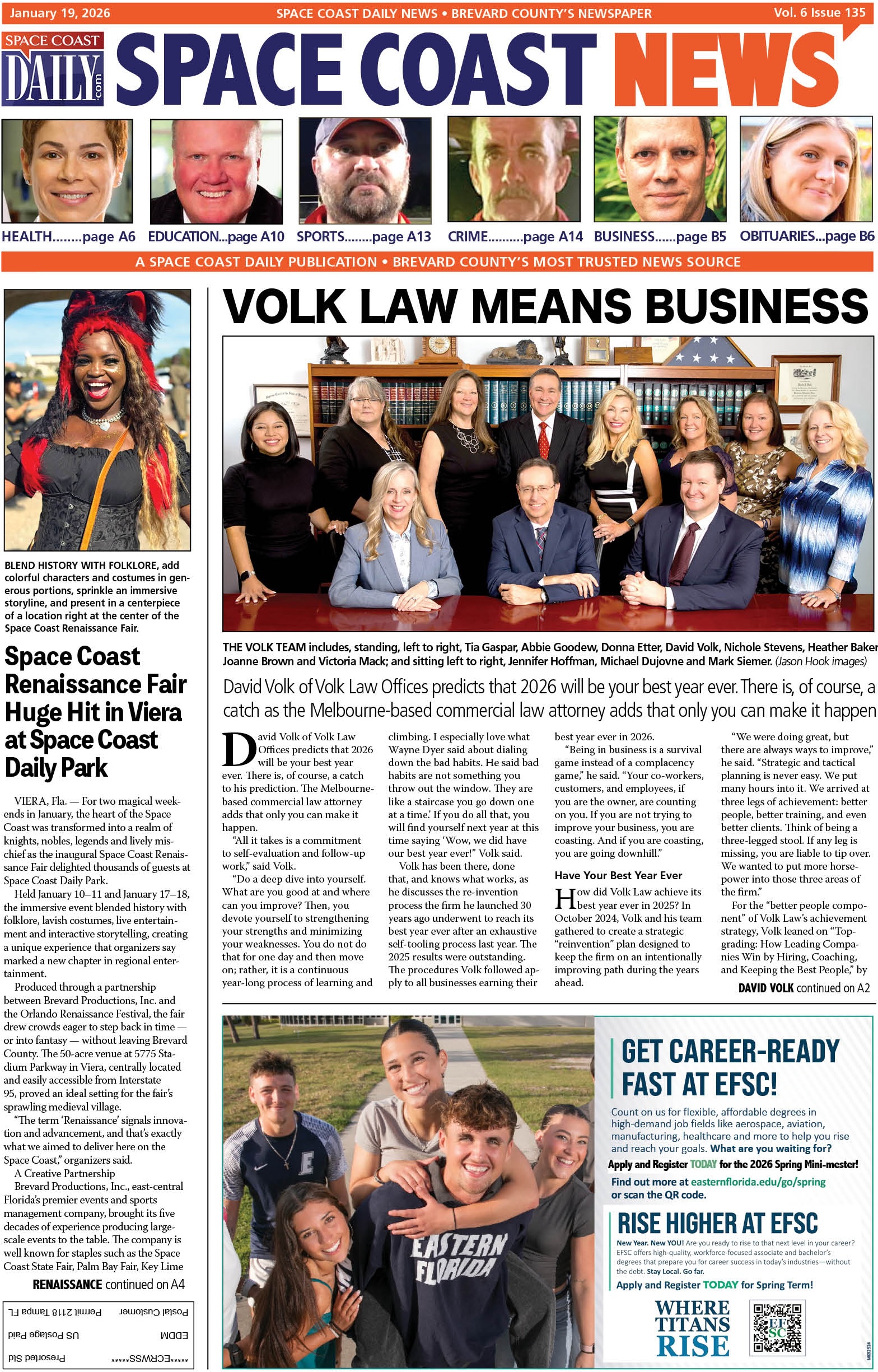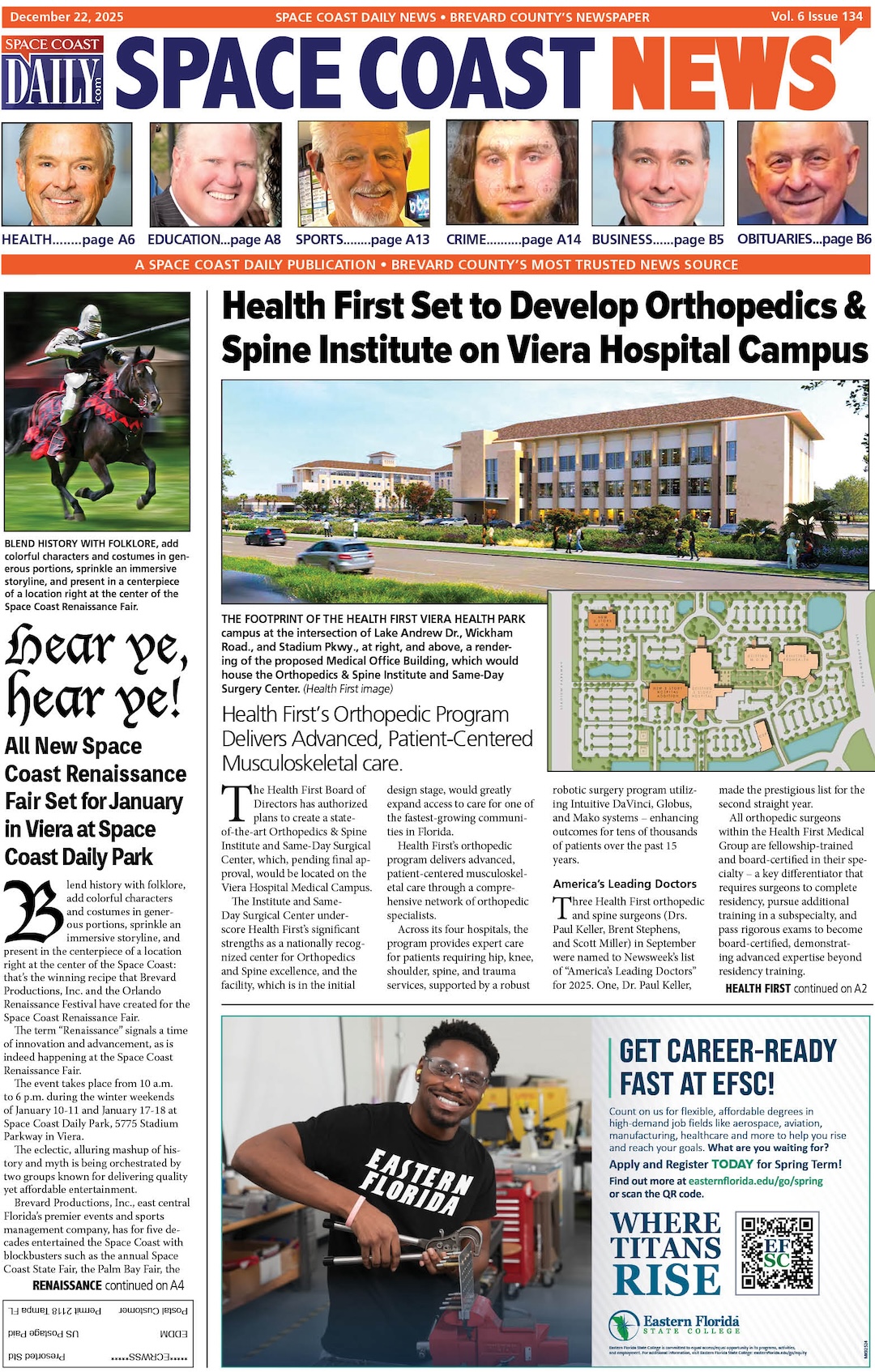US Supreme Court Declines Challenge to Florida’s Online Sports Betting Compact
By Space Coast Daily // July 22, 2024

In a recent development, the U.S. Supreme Court made a pivotal decision not to intervene in a contentious legal challenge regarding Florida’s Seminole Tribe’s exclusive rights to online sports betting.
This ruling is a significant setback for opponents of the agreement, who have vigorously contested its legality and economic ramifications.
The Growing Need for Better Regulation
At the moment, online gambling in the US features a fractured legal system that leaves it up to the states themselves to decide whether or not to legalize it. The problem with this is that there’s no consistency, with a few states like Pennsylvania and New Jersey taking progressive stances by fully legalizing most forms of online gambling while many others either outright ban online gambling or only allow certain types like online sports betting.
As a result of this uncertainty from a federal standpoint, many players flock to offshore sites to access legal online casinos and sports betting platforms that are licensed in other jurisdictions. These often feature far less restrictive regimes, though this isn’t always a good thing. Unfortunately, such platforms can also become a breeding ground for unscrupulous sites and fraud. According to gambling expert Joe Hernandez, one of the ways the industry as a whole is seeking to curb these practices is through the proliferation of security-first platforms, like Inclave casino sites. These platforms utilize fingerprint and facial recognition biometrics as a security feature, making it virtually impossible for unauthorized access to accounts.
However, while the iGaming industry as a whole is progressing in a multitude of ways, the complicated issues like native tribes’ rights to monopolies over gaming in certain states makes it very difficult for such states to even feature online gambling, let alone keep up to its most modernized upgrades.
The Significance of the Court’s Ruling
The court’s refusal to hear the case signifies a crucial juncture in the ongoing debate surrounding the Seminole Tribe’s authority over sports wagering and casino operations within its reservations. Established in 2021 under the administration of Governor Ron DeSantis, the compact has been a point of contention, particularly for entities such as West Flagler Associates and Bonita-Fort Myers Corp., which oversee gambling establishments across Florida.
Previous rulings by the Florida Supreme Court criticized the legal approach taken by these companies, asserting that they had not filed the appropriate type of petition to effectively challenge the compact. This procedural misstep compounded their legal challenges, leading to the latest setback in their efforts to contest the Seminole Tribe’s exclusive rights.
The Decision Effectively Removes the Barrier to Online Sports Betting in Florida
Legal scholars and stakeholders have underscored the significance of the Supreme Court’s decision, highlighting that it removes a major barrier to the expansion of online sports betting within Florida. Daniel Wallach, a prominent expert in sports betting law, emphasized the far-reaching implications of the ruling, noting that it effectively paves the way for the Seminole Tribe to maintain its monopoly on sports betting.
Critics of the compact argue vehemently that it runs afoul of federal laws, particularly the Indian Gaming Regulatory Act (IGRA), which mandates that gambling activities primarily occur on tribal lands. They contend that the U.S. Department of the Interior’s approval of the compact creates a legal loophole that has now escalated to the highest court in the country.
The Economic Stakes
The Seminole Tribe has reported substantial revenues from its online sports betting operations, underscoring the economic stakes involved. Proponents of the compact assert that it aligns with both state and tribal sovereignty rights, arguing that the legislative approval process was both valid and necessary to adapt to the evolving landscape of gambling regulation.
Looking forward, the Supreme Court’s decision could potentially set a precedent for other tribes across the nation seeking to expand their online gambling operations. Beyond its immediate implications for Florida, this ruling carries broader implications for tribal sovereignty and state-federal relations concerning gaming laws.
The Complexity of Tribal Sovereignty
In addition to economic impacts, the legal and political ramifications of the Supreme Court’s decision are profound. It underscores the complexities of navigating tribal sovereignty issues within the framework of federal law and state governance. The Seminole Tribe’s ability to operate online sports betting under the compact has been a focal point for debates over states’ rights versus federal oversight.
The decision’s ripple effects extend beyond Florida, resonating with tribal nations and legal experts nationwide. It prompts broader discussions on the interpretation and application of IGRA and the extent of federal oversight in regulating gambling activities on tribal lands. The evolving landscape of gambling laws continues to be shaped by judicial rulings, legislative actions, and ongoing negotiations between tribes, states, and federal authorities.
Conclusion
The U.S. Supreme Court’s decision not to intervene in the Seminole Tribe’s online sports betting case marks a pivotal moment in the ongoing debate over tribal sovereignty and gambling regulation. By upholding the Seminole Tribe’s exclusive rights, the Court has cleared a significant hurdle for the expansion of online sports betting in Florida, setting a potential precedent for other tribal nations nationwide.












